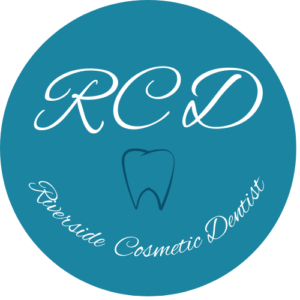What is tooth calculus?
Tooth calculus is a hard deposit that is formed by mineralization of dental plaque on the surface of natural teeth and dental prosthesis, generally covered by layer of unmineralized plaque.
Calculus describes calcified dental plaque. When plaque is left on teeth too long, it picks up mineral salts, primarily Calcium Phosphate, from the saliva and forms the hard calculus. The calcified plaque is hard to remove, usually requiring a dentist or hygienist to remove it with a procedure known as deep cleaning.
Calculus is virulent and leads to tooth decay and severe periodontal problems. The hard, rough surface of calculus is a magnet for more food debris, sugar, and bacteria to accumulate. The more calculus you have, the higher chance you have of accumulating even more. More calculus means more chances for the bacteria to release an unpleasant odor, leading to bad breath and other side effects.
The acids produced by the bacteria and sugar in the hardened calculus will destroy the epithelial connection of the gum to the periodontium, producing a pathological crevice known as a pocket. Pockets will trap more food debris and bacteria, eat away more of the supporting bone and allow infection to occur. This can eventually lead to the loss of the tooth.
How do you get rid of calculus in your teeth?
Calculus is difficult to remove yourself. Home remedies like scrubbing your teeth with baking soda and hydrogen peroxide are not effective. Regular brushing and flossing will do little to remove calculus after it has formed.
The best way to remove calculus is by having a hygienist or dentist do a deep cleaning, which includes scaling and curettage under the gum. Deep cleaning is the only proven way of removing tooth calculus.
Tooth Calculus Complications
Calculus can lead to several complications that you should avoid at all costs. These include the following:
- Bad breath: Having good breath builds confidence, but the bacteria in plaque and calculus can lead to unpleasant breath.
- Cavities: The acids produced by plaque and calculus are harmful to your tooth enamel and can eventually wear it away, leading to cavities.
- Gingivitis: As plaque and calculus build up around and under your gum line, your gums can become inflamed and even start to bleed. These are signs of a more serious dental condition called gingivitis.
- Periodontal disease: Gingivitis can eventually lead to periodontal disease, known as gum disease. This condition inflames the gums and bones that support the teeth and can lead to tooth loss.
Tooth Calculus Treatment & Prevention
One of the pillars of our dental care is prevention. We recommend regular dental appointments and teeth cleanings to ensure that you don’t neglect underlying conditions that can cause tooth calculus.



